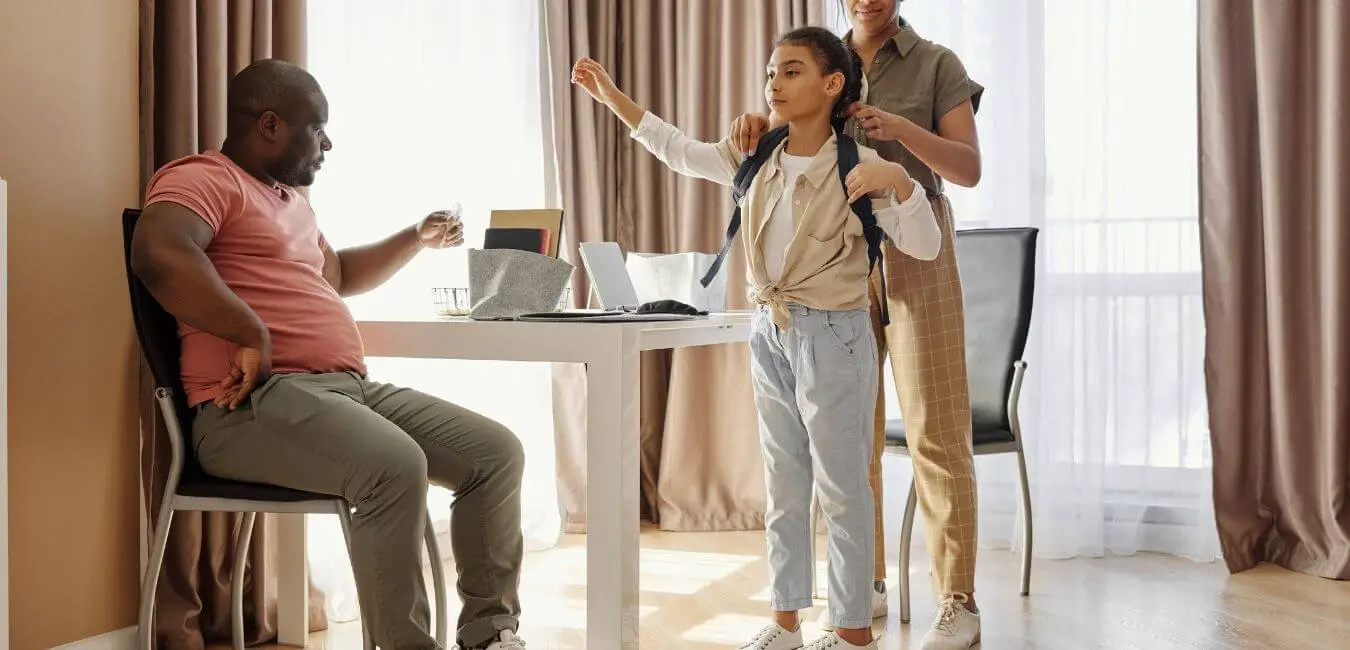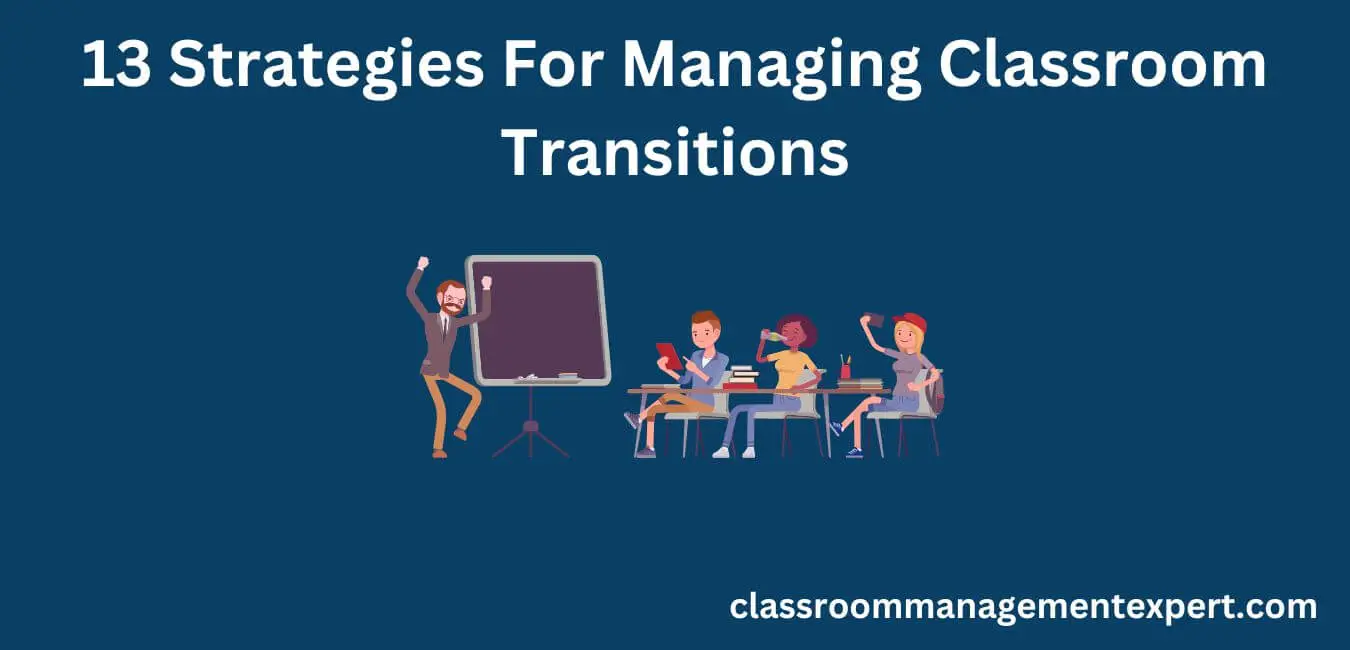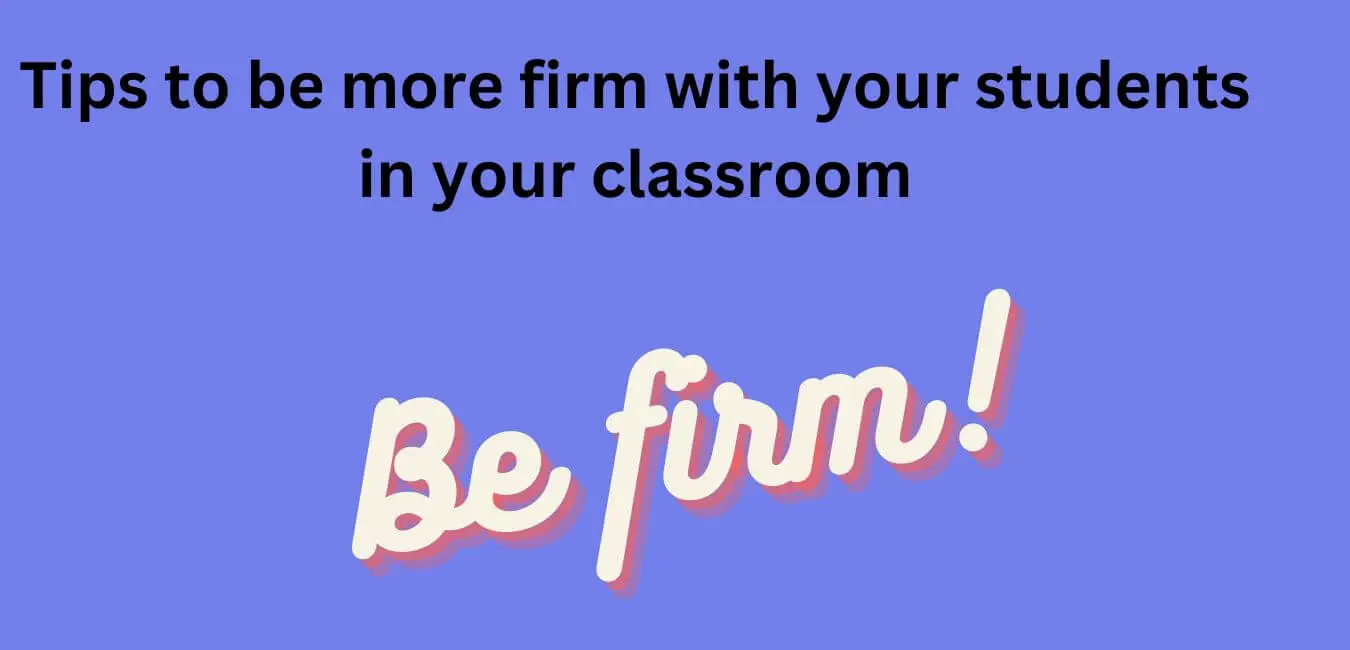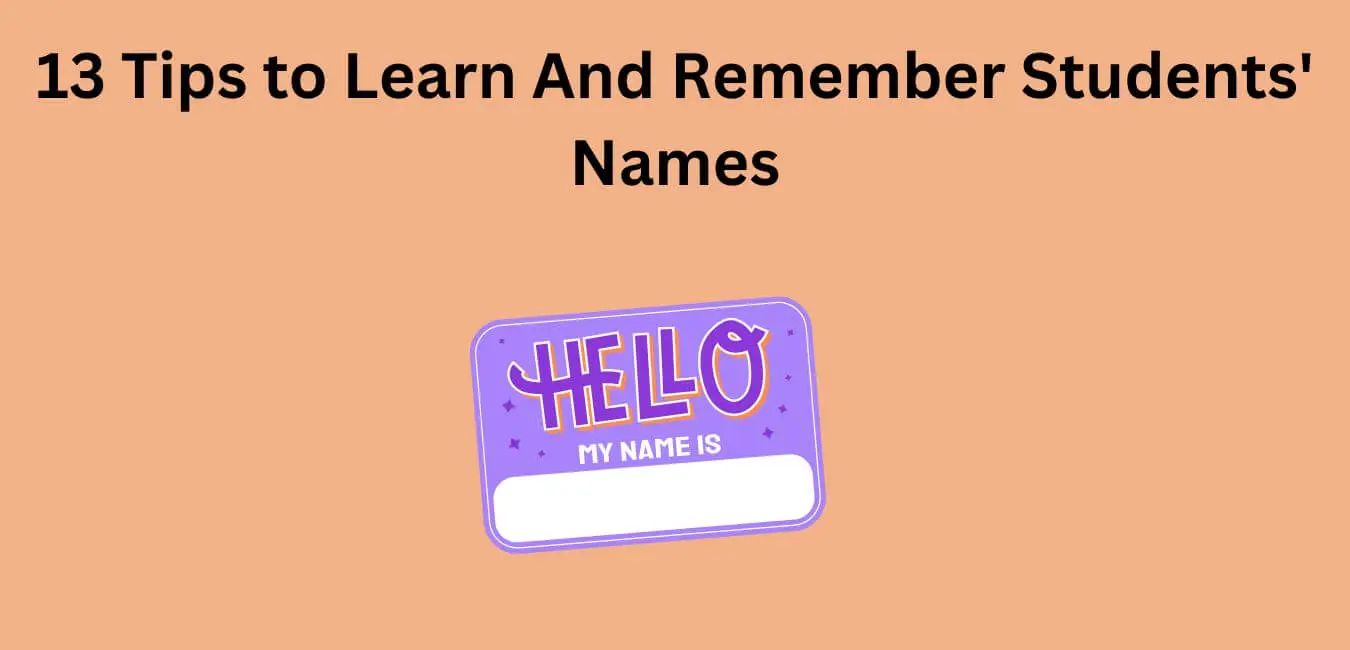Parents are often quick to criticize teachers and schools. The problem is that they’re usually not qualified to do so. They don’t know what we’re doing, and sometimes they don’t want to know. Even if parents did have the qualifications, it would be inappropriate for them to share their opinions with us – we should all keep our personal lives separate from work-life whenever possible. In this post, I’ll go over some of the teachers should not say to parents and provide some examples of what teachers can say to maintain their sanity while still being respectful to parents.
Why Teacher-Parent Relationship Matters in Classroom Management?
To have successful classroom management, there are a few things that matter. One of those is the teacher-parent relationship.
Teacher-parent relationship matters because it impacts your students’ behavior in the classroom. It increases the chances of students behaving well and learning as they should be, without interrupting you during lessons or disturbing their classmates.
Let’s have a look at 15 reasons why the teacher-parent relationship matters so much.
1) Happy Teacher, Happy Learning
When you are content with your job and things around you, it will reflect directly on how students feel about being in your classroom. They will be happy to learn from the start and won’t give you any reason to punish or scold them.
2) Respectful Behavior
A good relationship with the parents will make the students respect you and your authority more. They will listen to you better and follow instructions like they are told on the first go, without feeling like it is something that should be questioned or negotiated.
3) Improved Academic Performance
You not only have a happy classroom but a respectful and more organized one as well. The students will be prepared for lessons and start learning from the very first day. There won’t be any troubles with getting them to do homework or reading assignments, either.
4) Better Communication
When you have good relationships with the parents of your students, it means that they are more likely to communicate with you about their children. They will be the first ones to tell you which students need extra help or which of them are struggling with something. You can provide better support this way.
5) Easier To Discipline
A good teacher-parent relationship means that it is easier for teachers to discipline the misbehavior of their students. Parents can help in this matter and will support you when it comes to applying consequences for the students’ actions or poor behavior.
6) Easier To Motivate
With good relationships between you and your parents, it is much easier to motivate your students to work harder. They will be more willing to do better because they know that their parents will be proud of them for trying their best.
7) Better Home-School Communication
Parents are very helpful in this matter and can communicate with you about the things happening at school, like if there is some important event coming up or if something happened to their son or daughter. They will also provide information that you need to give to your students and will be able to inform you about the students who are absent from school.
8) More Support
The teacher-parent relationship affects your class in a way that parents will offer more support to their children. This can be seen as either an advantage or a disadvantage because it might mean that the students have more ways of getting away with misbehavior. On the other hand, it also means that they are more likely to come for help without being afraid that their parents will be mad or disappointed in them.
9) More Understanding
Parents understand how difficult your job is and will show appreciation for what you do even if their child’s grades are not as good as they should be because of something you did wrong. They will acknowledge your efforts and be more supportive in those areas where their child struggles.
10) Easier To Ask for Help
When you have a good relationship with the parents, there is nothing to be afraid of when it comes to asking for help from them if needed. You can ask about their child’s progress and discuss possible solutions if there is a problem or behavior that needs to be addressed.
11) More Trustworthy
A good relationship with parents makes them more likely to trust you and talk about their child’s problems with you without feeling like you might get mad at them because of it. They will feel free to tell you what the child struggles with or what they are concerned about if their child is not doing well.
12) Improved Grades
Being good friends with the parents of your students might give you an advantage in a situation when a student is struggling with grades and you can talk to them without being too demanding or strict about it but in a friendly way. Especially if they feel the same way about you as their child does – then there is more rapport, and they can really trust you.
13) More Alert to Students’ Needs
Because of a good teacher-parent relationship, teachers will be more likely to notice things like students doing badly in school or if one of the kids might need some extra support because of something that happened at home. They will be more aware of the students’ needs and might meet those needs because there is an easier way to communicate with them about it.
14) More Cooperation
If parents and teachers have good relationships with one another, the cooperation between them will be better too. This means that they can work together on educational projects or even work with the same child, by having parents help their children more at home or teachers giving them extra support in certain areas.
15) Easier To Teach
A good relationship between you and the parents will make it easier to teach your students how to behave properly because they know that their parents will be proud of them for being good while they are away from home. They will attend the class more and be on their best behavior.
What Are Some Things You Should Never Say to A Parent?
Parents can be difficult to deal with, especially if they are upset. This is true whether the parent is having problems with their own child or another child.
Never say these things to a parent unless you want them to hate you forever:
1) Your child does not have time for homework because he’s busy on the computer.
2) I can’t force this kid to do his homework, he doesn’t want to learn.
3) His parents need to keep him off the laptop and Xbox during the week so that he can get all of his schoolwork done.
4) Stop yelling at me! There is no reason for you to be angry.
5) I’m sorry, but he doesn’t have time to work on his homework right now.
6) This is not a good school for your child, go ahead and take him out of it if you do not like what we are doing here.
7) You aren’t going to get anywhere with this kid by screaming at him, so please stop it.
8) This is the best school in the district so there’s no reason for you to be upset about your child being here.
9) I have no control over this kid, he never listens to me!
10) Yes, I know what you are saying about your child but that is not my problem.
11) The only reason your child is failing this class is that he does not care about his education.
12) I’m sorry but you are going to have to take the time for your son to do his homework, there’s nothing I can do about that.
13) Are you seriously yelling at me right now?
14) Just buy a tutor for your child, that will solve everything.
15) I know it is hard being a single parent, but you have to be strong and work through this.
16) If your son doesn’t start getting better grades, he’s going to have to find another school to attend.
17) I don’t know why you are yelling at me, but that’s not going to help anything.
18) You really need to stop threatening me or else I’m not going to want to work with your child anymore.
19) Your son is ruining the entire class for everyone because he won’t pay attention when we are trying to learn.
20) You need to be stricter with your son because he does not respect me as his teacher.
What are some things you should never say to a parent? Why do you think you shouldn’t say these things? Do you know of any other things that teachers should never say to parents?
What Can You Say to Parents About Their Kids?
One of the most important relationships in a child’s life is that with their teacher. Parents are typically very involved with their children’s education but being able to communicate effectively between parents and teachers can be challenging at times. The best relationships are those that are open, honest, respectful, and have mutual trust.
Here are 20 things you can say to parents in order to strengthen your relationship with them.
1. “I am so glad you came to this meeting.”
2. “Thank you for being so patient.”
3. “You have a wonderful child!”
4. “It’s great working with you.”
5. “I appreciate your honesty.”
6. “That’s a fantastic idea!”
7. “What are you doing to help at home?”
8. “Your child seems very happy here.”
9. “I’ll share the brochure with the other teachers.”
10. “Can we set up a conference?”
11. “I really appreciate your support.”
12. “What other ways can we connect?”
13. “How do you think it’s going so far?”
14. “I’m open to any suggestions/comments/concerns that you may have.”
15. “What are your thoughts on what your child should do next?”
16. “How can I help you feel comfortable with this process?”
17. “It’s not my job to judge…it’s my job to educate.”
18. “I don’t know…what do you think?”
19. “Is there anything you’d like to share with me?”
20. “We work well together!”
Final Thoughts
As you can see from the list above, teachers are typically very careful about what they say to parents. There are many different things that should be avoided at all costs when dealing with a parent in order to maintain an open and honest relationship. From never mentioning grades or homework to not telling them how their child is ruining class for everyone else, there’s no need to make it harder on yourself by saying something you really shouldn’t! Don’t forget these 20 ways of speaking kindly and respectfully with your student’s parents so that you both have a healthy relationship together. For more articles on classroom management, check here.



















